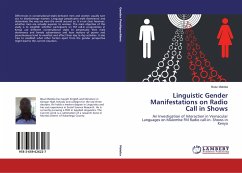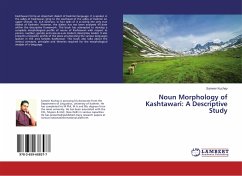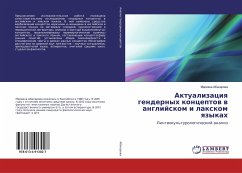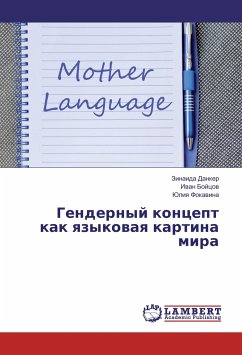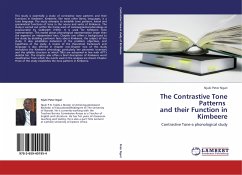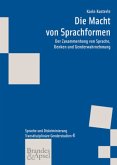Use of swearwords in speech has traditionally been subjectively viewed as offensive perhaps because of its strong connection to the concept of taboo. This has perpetuated dismissive attitudes to the subject of swearing thus creating a paucity of scholarly studies especially in African languages. This book provides a different dimension to the subject by reporting on a study set out to investigate the pragmatic and sociolinguistic functions of swearing. A descriptive survey of naturally occurring transactions among native male and female miraa (khat) traders is conducted.The analysis is based on the Psycho-Social tenets of the Neuro-Psycho-Social theory of speech. The analysis sheds light on how a linguistic device like swearing can be employed by a speech community to not only achieve social and linguistic identity but also achieve highly valuable socioeconomic goals of trading successfully. This book should be useful in shifting the subjective perception of use of swearwords in speech. It is also useful to students of linguistics as well as researchers on communication strategies dictated by social context.
Bitte wählen Sie Ihr Anliegen aus.
Rechnungen
Retourenschein anfordern
Bestellstatus
Storno


